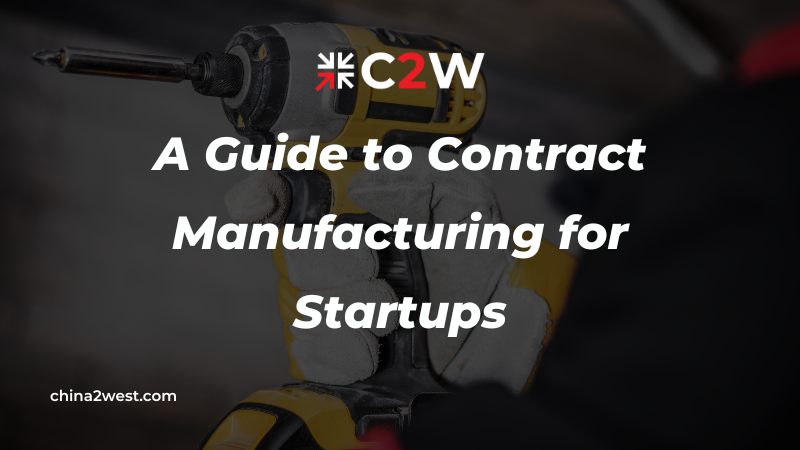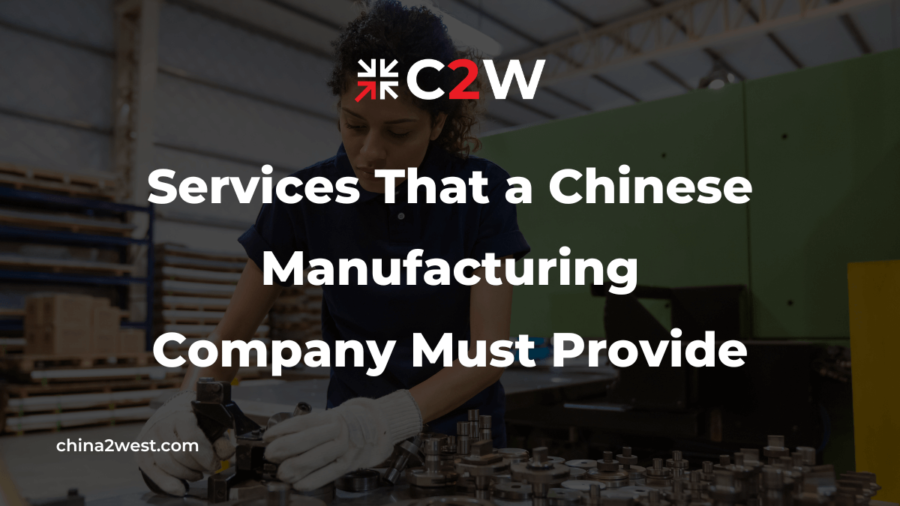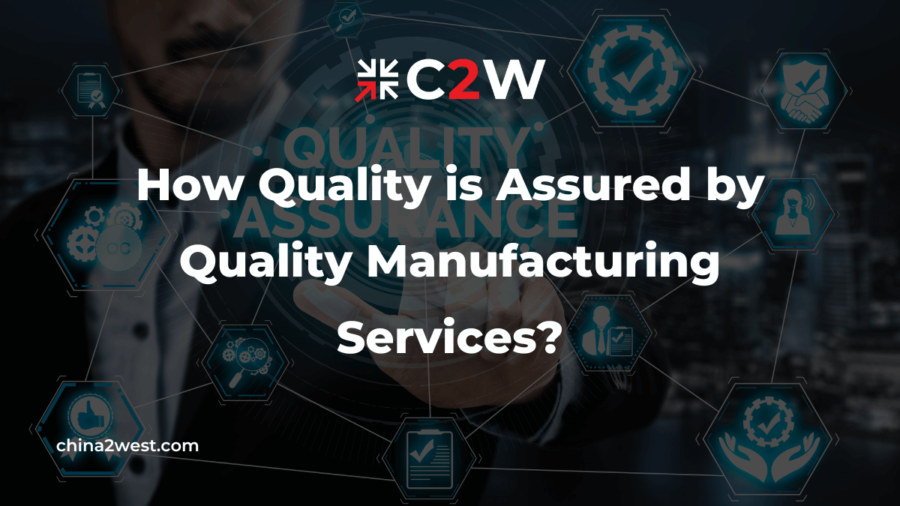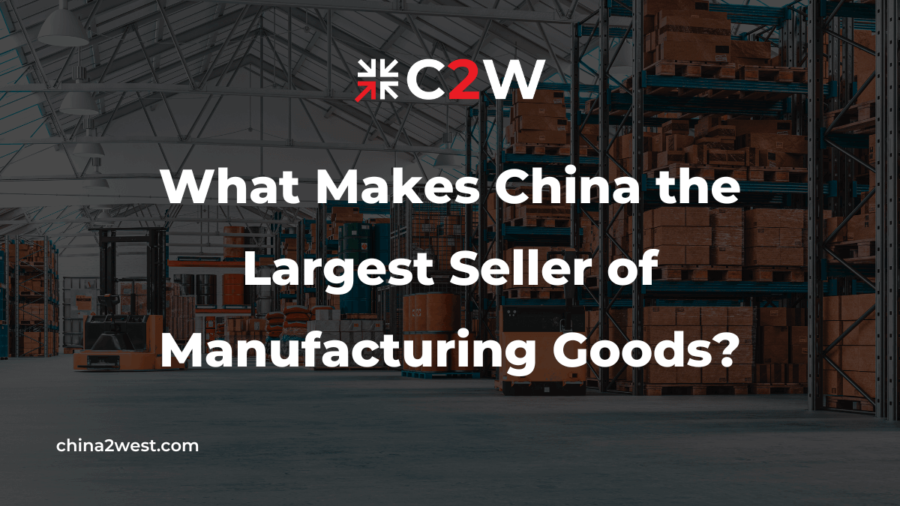When startups look to scale quickly and efficiently, outsourcing production through contract manufacturing can be a game-changer. By partnering with an experienced contract manufacturer, startups can focus on what they do best—innovation, marketing, and sales—while leaving the complexities of manufacturing to the experts. But with multiple contract manufacturing options available, it’s important for startups to understand which model aligns best with their needs. Below, we’ll explore the most popular types of contract manufacturing for startups and how they can benefit your business.
Varieties of Contract Manufacturing
Contract manufacturing comes in different forms, each offering distinct advantages depending on the needs of the startup.
1. Original Equipment Manufacturing (OEM)
OEM contract manufacturing involves outsourcing the production of products to a third-party manufacturer who builds products based on the design and specifications provided by the startup. In this model, the startup holds the intellectual property rights for the design and product, while the manufacturer focuses solely on production.
This option is ideal for startups that have developed a product concept but lack the resources or infrastructure to handle large-scale manufacturing. OEM manufacturers typically have the expertise and equipment needed to produce high-quality products efficiently. With the right OEM partner, startups can reduce time to market and keep production costs under control.
2. Original Design Manufacturing (ODM)
ODM, or Original Design Manufacturer, offers a more comprehensive solution. ODM contract manufacturers provide both design and manufacturing services. They already have pre-designed products that can be customized to a certain extent to meet the startup’s needs. Startups can select from a range of existing product designs and have them adapted to suit their brand or specifications.
For startups that want to bring products to market quickly without investing time in design, ODM offers a streamlined solution. This model allows for faster production and lower upfront costs since the designs are already available and only require minor modifications.
3. Contract Assembly
Contract assembly refers to outsourcing the final stages of manufacturing, such as assembling components into a finished product. In this model, a startup may source the components themselves, or the manufacturer may also handle the sourcing. The contract manufacturer’s role is to assemble the parts, conduct quality control checks, and prepare the products for distribution.
Startups that have a product with already sourced components or subassemblies can benefit from contract assembly, especially if they lack the facilities or expertise for assembly themselves. This option allows startups to focus on sourcing and product development while outsourcing the labor-intensive process of assembly.
4. Private Label Manufacturing
Private label manufacturing involves outsourcing the production of a product that is then sold under the startup’s brand name. In this model, the manufacturer creates a product that meets the startup’s specifications, but the startup owns the brand and markets the product as their own. Private label manufacturers often produce products in bulk, which startups can then brand and sell.
This model is particularly appealing to startups in the consumer goods industry, such as health and beauty, food, and electronics. It allows businesses to offer high-quality products without having to invest in product development and manufacturing processes from scratch.
Selecting an Appropriate Partner
Choosing the right contract manufacturing partner is a pivotal decision for any startup. Begin by evaluating the partner’s technical capabilities and experience to ensure they can meet your production requirements. Look for partners with a proven track record in your industry and familiarity with the specific needs of startups.
Assess the potential partner’s reputation in the market and their financial stability. A financially sound partner is more likely to handle large orders and scale production efficiently as your business grows. Also, inquire about their quality control processes and how they handle deviations from product standards.
Evaluate their communication practices to ensure they offer transparent and prompt updates. Effective communication can prevent misunderstandings and help resolve issues swiftly, maintaining the quality and timeline of your production.
Before finalizing your decision, visit the partner’s facilities if possible. A firsthand look at their operations can provide valuable insights into their production capabilities and adherence to quality standards. Observing their day-to-day processes can also help you gauge their efficiency and reliability.
Negotiating Agreements and Terms
Contracts should clearly define the scope of work, timelines, payment terms, and other crucial elements. Key aspects to include are the responsibilities and expectations for both parties, detailed product specifications, and quality standards. Discussing lead times, delivery schedules, and penalties for delays or subpar performance is essential.
Protecting intellectual property (IP) must be a top priority. Ensure that the agreement includes clauses that safeguard your designs, trademarks, and patents. Establish clear terms regarding ownership of the product designs and any subsequent innovations.
Ensuring quality through stringent standards and regular audits should also be part of the contract. These precautions will help maintain consistent product quality and meet customer expectations.
Tackling Challenges
Navigating the complexities of contract manufacturing often involves addressing several challenges head-on. Quality control issues can arise, requiring consistent monitoring and proactive measures to maintain high standards. Implementing rigorous quality checks and regular audits can help identify and rectify any discrepancies before they impact the final product.
Production delays are another common challenge in contract manufacturing. These delays can stem from various sources, including supply chain disruptions and unforeseen technical issues. To mitigate these risks, startups should develop contingency plans that outline alternative strategies and backup suppliers. This preparedness can help ensure continuous operations even when faced with unexpected delays.
Moreover, startups may encounter issues related to intellectual property protection. Ensuring that robust clauses safeguarding your designs, trademarks, and patents are included in the contract is crucial. Clear terms regarding ownership and subsequent innovations can prevent potential disputes and protect your intellectual property.
Another aspect to consider is the scalability of your manufacturing partner. As your startup grows, your production needs will likely increase. Ensuring that your partner has the capacity to scale up production is essential to meet growing demand without compromising on quality or timelines.
Choosing the Right Contract Manufacturing Model
Selecting the right contract manufacturing model is crucial for a startup’s success. Factors such as budget, time to market, product complexity, and long-term scalability should all be considered when making this decision. Startups should carefully evaluate their goals, production needs, and resources to determine which model provides the best balance between cost, quality, and speed.
Are you ready to explore contract manufacturing options for your startup? Contact us today to discuss how we can help streamline your production process and bring your product ideas to life. Our team is here to guide you through the best manufacturing solutions tailored to your business needs.




